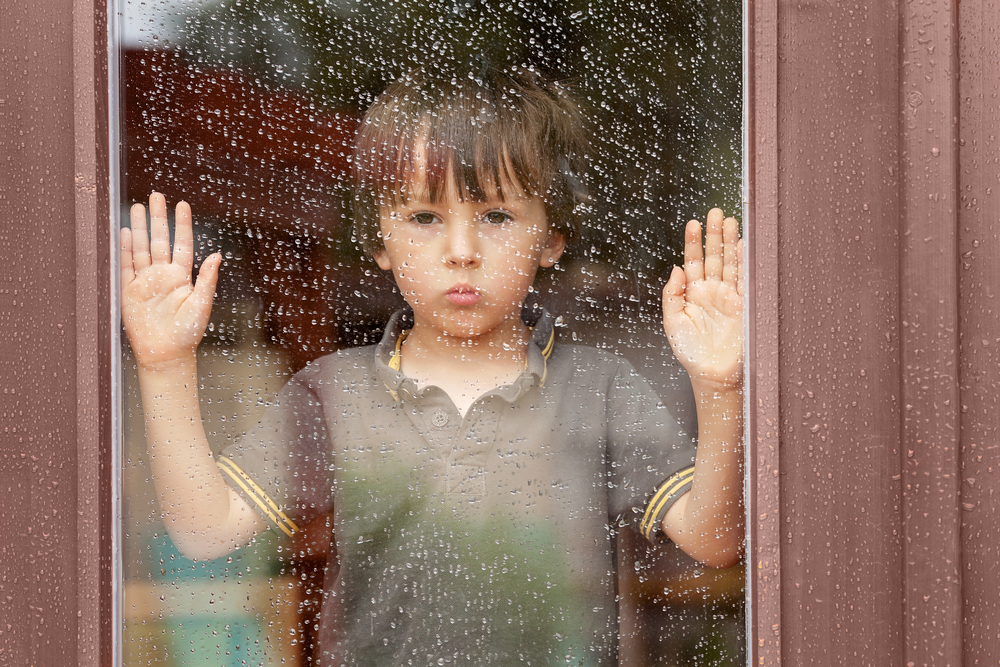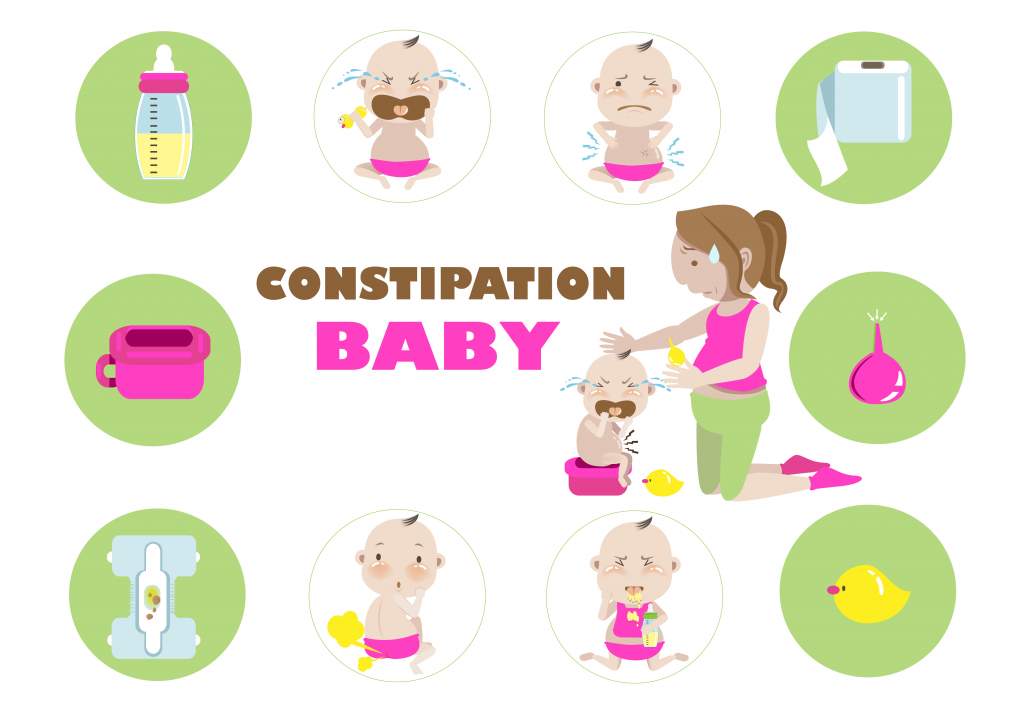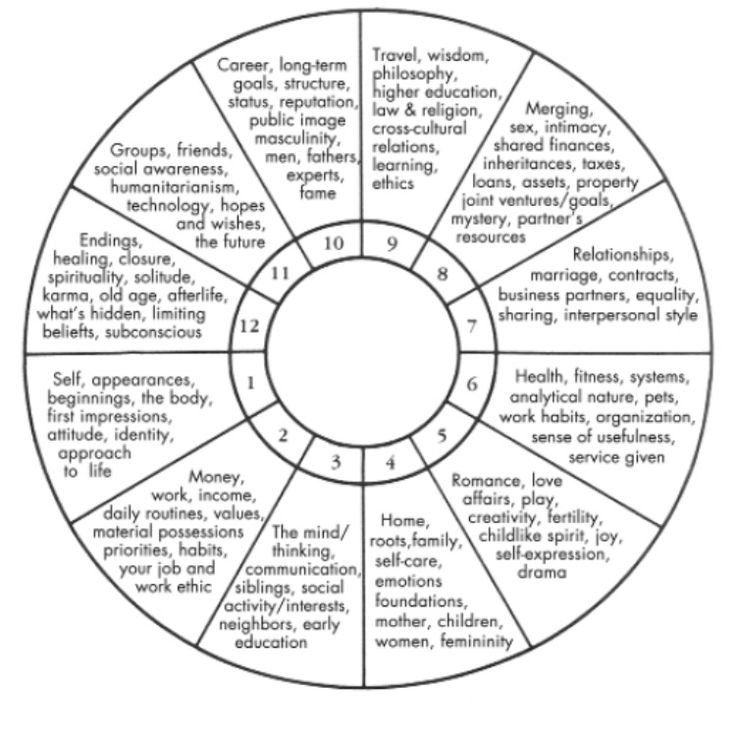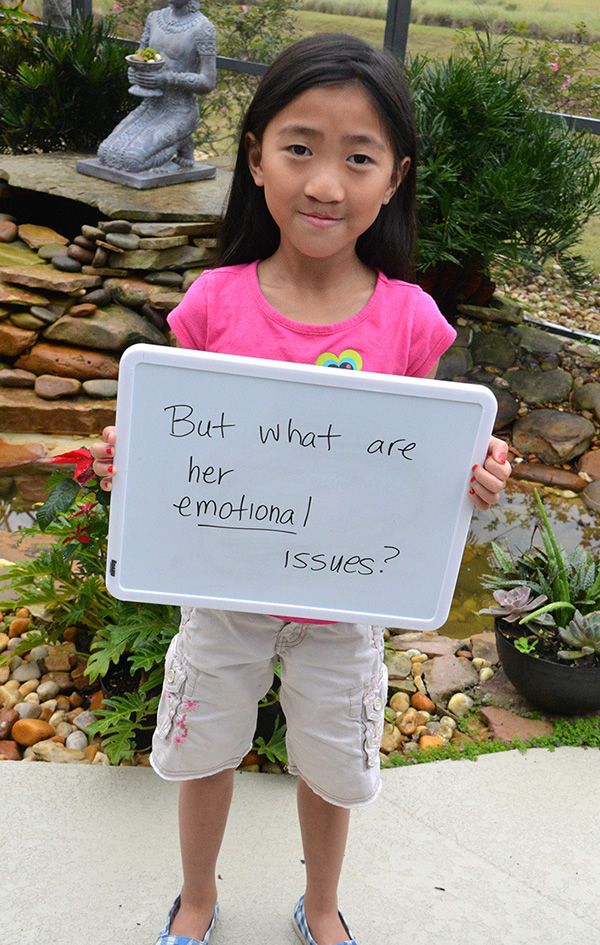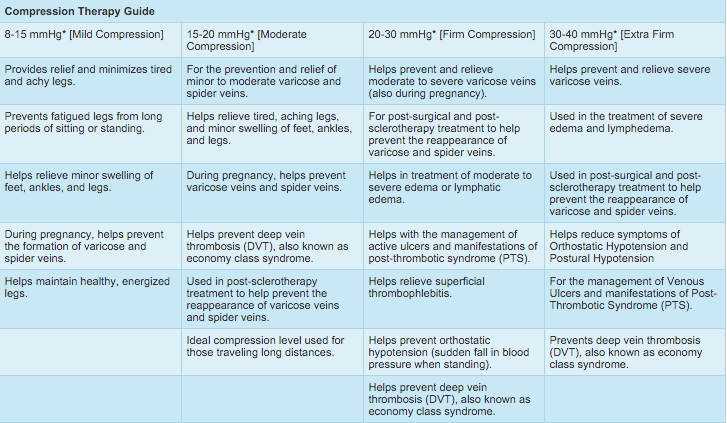How old child left alone
Is Your Child Ready to Stay Home Alone?
While child experts typically agree that 11 or 12 years old is an appropriate age to stay home along for a few hours, there are a number of factors to consider. It is important to recognize that the right time will vary by family, so trust your instincts. With some advance planning and preparation, this milestone can be a great way to build your child's independence and confidence.
How to gauge if your child is ready for the responsibility
Knowing the right time is different for each family. Take into account the maturity of your child, where you live, your nearby support network, and how far away you will be. Some states do have laws about when you can leave a child home alone, with minimum ages ranging from 8 to 14 years old. These laws typically include language about "unreasonable amounts of time," so check the details for your local regulations before setting a plan.
Here are some guidelines to consider when deciding whether your child is ready to be home alone:
Age
Do you think your child is old and mature enough to take care of themselves? Keep in mind that each child's maturity and parents' comfort level may be different. Most children will not be mature enough to manage being alone on a regular basis until they are about 10 or 11 years old. However, some parents may be OK leaving a more mature 8- or 9-year-old home alone for a half hour or so once in a while.
Caution
Does your child think before they act? This is especially important for young teens, who may be tempted to experiment with illegal activities such as sneaking a few sips of liquor from the liquor cabinet. How does your adolescent respond to peer pressure?
Comfort
Would your child feel comfortable left alone? Have you directly asked your child if they would be OK home alone?
Common sense
Would your child be able to make good judgements on their own. Do they have common sense? For example, if the milk smells sour or curdles when it's poured, would your child drink it?
Interests
Can your child keep busy without relying on relying on television or video games? Can they creatively use their time with activities such as reading, drawing, making music, doing homework and playing with toys, among other things?
Safety
Would your child be able to remember and follow important safety rules? For example, can they tell you how they would respond to a fire, gas leak or other emergency? Can they follow other rules such as not opening the door, not telling telephone callers that they are alone, and not posting on social media that they are alone?
Plan ahead
Once you have decided that your child is ready to take on this new responsibility, take some time to plan and talk as a family to ensure a successful experience. First, gather information that your child may need while you're gone.
First, gather information that your child may need while you're gone.
Key contacts
Make sure your child knows your cell phone number, workplace numbers, how to reach key family members and your pediatrician contact information. Post these details in a visible location, such as on your refrigerator or a family bulletin board. Make sure your child is familiar with when to call 911.
First aid kit
Make sure to have a first aid kit on accessible, including for all of the basics for minor injuries, such as bandages, alcohol wipes and antiseptic ointment. Teach your child when and how to use the supplies in the kit.
Emergency supplies
Show your child where you store flashlights and batteries and anything else they might need if the power goes out or something unexpected happens.
Problem-solve together
You will need to talk through common situations and potential emergencies so your child knows how to respond. This should include:
Alarm systems
If you have an alarm system, show your child how to turn them off and on and watch as they practice.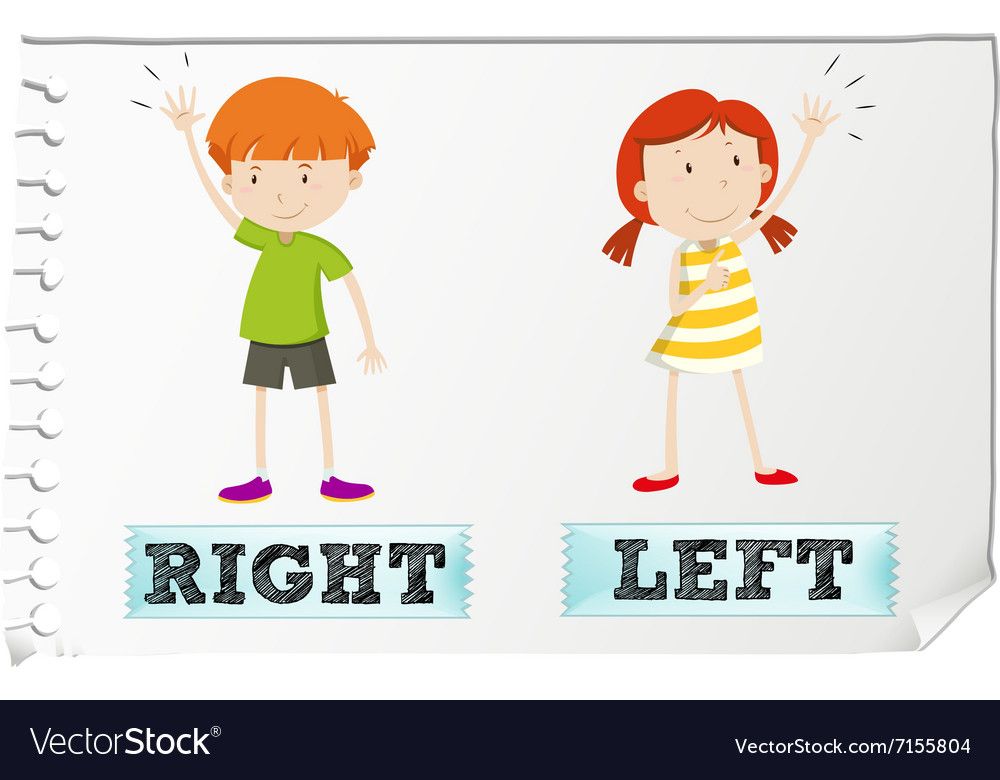
Cooking
What food is allowed when you are gone? Is cooking allowed? Make sure your child has practiced with you before using any appliances.
Emergency exit plan
What should your child do if there is a fire or gas leak? Are they familiar with your home's smoke and carbon monoxide detectors?
Injuries
Walk through your first aid kit and how to address minor injuries. Discuss when to call 911 and who to call first. In a life-threatening situation, remind your child to call 911 before taking time to contact you.
Pets
Do you have pets that need care while you are gone? What happens with the animals during an emergency?
Phones and doors
Do you want your child to answer the door or the phone? If they do, what should they say to someone who asks for you? Do they know when it is appropriate to let someone into the house?
Spare keys
If your child is locked out accidentally, does a neighbor have a key, or is there one hidden outside the house?
Take a test run, asking your child how they would handle different situations. Remind your child that although you aren't home, you are accessible by phone or text if anything should come up. If you won'' be available, make sure your child knows who the first point of contact should be if they have a question, there is an emergency, or if they just need some reassurance. If they will be looking after younger siblings, consider a first aid or cardiopulmonary resuscitation (CPR) class held locally.
Remind your child that although you aren't home, you are accessible by phone or text if anything should come up. If you won'' be available, make sure your child knows who the first point of contact should be if they have a question, there is an emergency, or if they just need some reassurance. If they will be looking after younger siblings, consider a first aid or cardiopulmonary resuscitation (CPR) class held locally.
Set the rules
Kids of all ages need to recognize rules and boundaries to keep them safe. This is particularly important as children become teenagers.
Always check in
Your child should contact you to check in when they first get home. It does not have to be a lengthy discussion, but a quick phone call or text creates a routine and gives you a chance to gauge how the day is going. If you or your child is anxious about the time alone, consider a video call or texting a few silly photos to provide peace of mind to both of you.
Set boundaries on socializing
Have clear expectations about friends.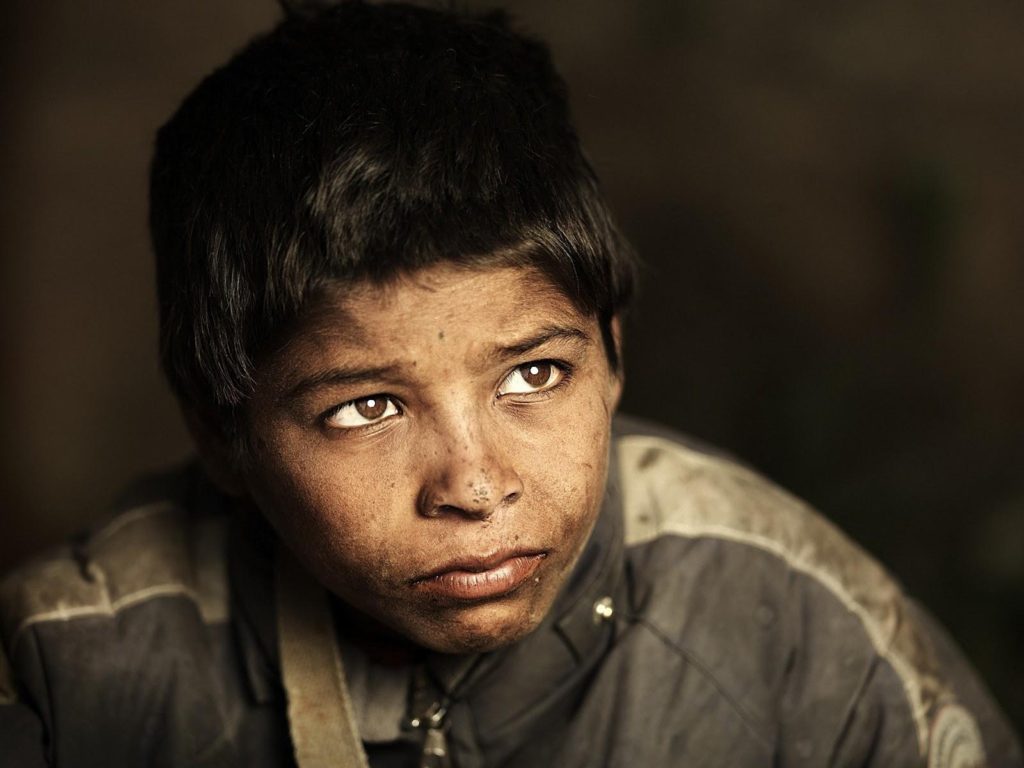 Provide rules about who can visit your home and where your child can go when you are not home. If your child will be going out or hosting friends, establish steps for notifying you, ensure the other parents are aware that no adult is home, and set limits on times and activities.
Provide rules about who can visit your home and where your child can go when you are not home. If your child will be going out or hosting friends, establish steps for notifying you, ensure the other parents are aware that no adult is home, and set limits on times and activities.
Set rules around media use
Provide options for what your child can and cannot do when they're home alone, including how they use media. Having a set list of daily chores and tasks can help keep them busy. Also, there are a number of tools parents can set up to set reasonable limits on various games and apps and even household Wi-Fi usage. Consider creating a family media use plan.
Try it out
During your initial outings, set your child up for success by keeping the timeframe short or picking a time of day without more complex responsibilities, such as cooking. As both you and your child become more comfortable, you can extend the time your child is home alone.
Remember
Talk with your pediatrician if you have any questions about your child's safety and developmental readiness.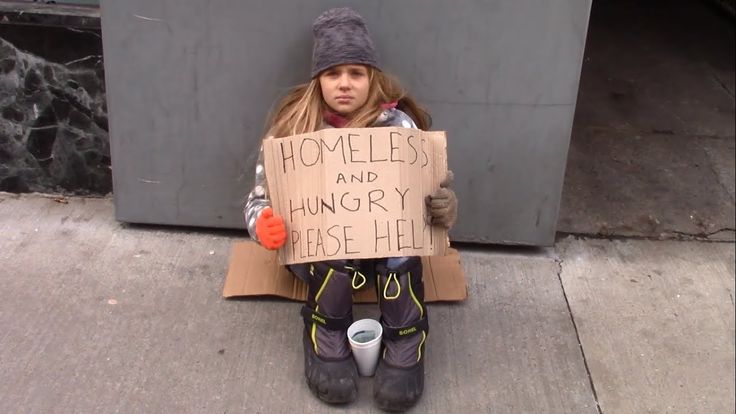
More information
- Fire Safety: Planning Saves Lives
- Family Media Plan Tool
- Stages of Adolescence
The information contained on this Web site should not be used as a substitute for the medical care and advice of your pediatrician. There may be variations in treatment that your pediatrician may recommend based on individual facts and circumstances.
Home Alone Rules by State
Search
Search
Share what kind of mom you are!
Get to know other mom types!
Share on facebook
Share on twitter
Share on pinterest
Share on email
Many parents are faced with the dilemma of at what age can children stay home alone, especially during after-school hours or the summertime. Before you consider leaving your child without supervision, be sure they are reasonably mature, able to take care of themselves, and completely prepared for emergency situations.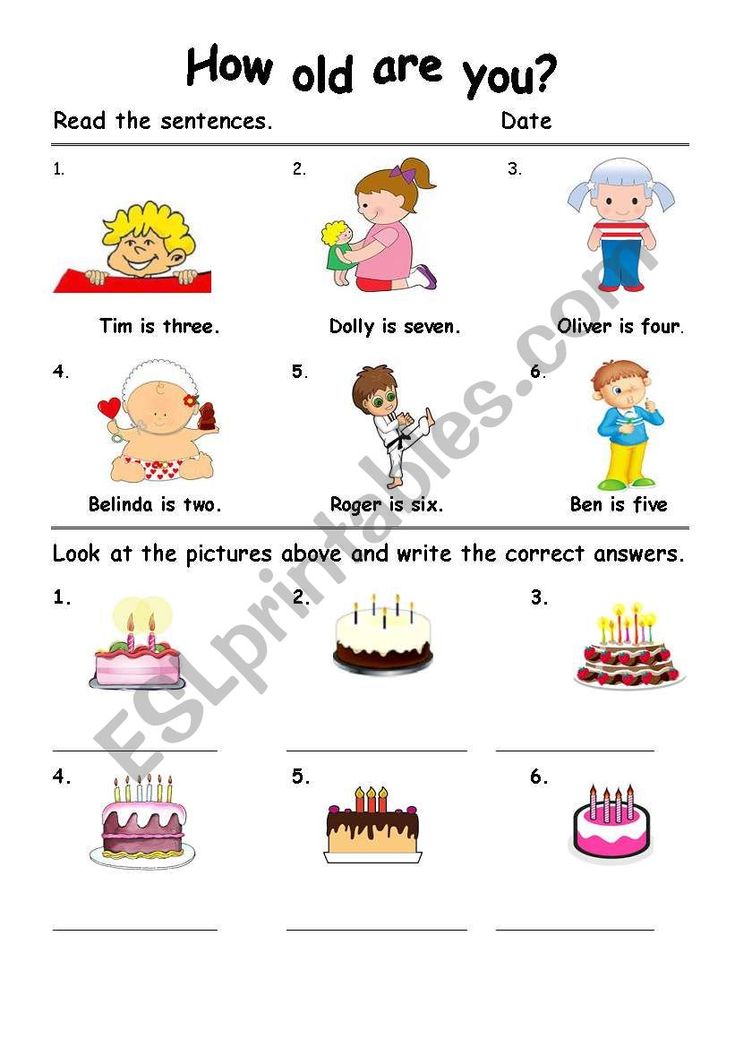 Set ground rules, review basic safety guidelines, and establish routines that are designed to keep your child healthy and safe. Our iMom printable with 10 Home Alone Rules is a good start.
Set ground rules, review basic safety guidelines, and establish routines that are designed to keep your child healthy and safe. Our iMom printable with 10 Home Alone Rules is a good start.
We have some great tools to get you started. First up, just because they meet the age requirement, it doesn’t mean they are mature enough to stay home alone. So here are 5 ways to know if your child is ready. If you decide that yep, we’re good to go, here are 6 ways to train your child to stay home alone and conversation starters to get talking about your expectations and their concerns. And chances are, you’ve got one kiddo who is going to assume the role of babysitter, so check out our Babysitter Checklist printable to make sure all the important details are covered.
The following table lists the minimum age at which children may be left at home alone, categorized by state, within the United States. Please note that city and county ordinances within each state may have more definitive and restrictive laws. Call your State DHS or local child welfare agency to learn about age guidelines in your area.
Call your State DHS or local child welfare agency to learn about age guidelines in your area.
The National SAFEKIDS Campaign recommends that no child under the age of 12 be left home alone.
| State | Minimum Age | Reference |
| Alabama | None | Alabama’s Child Neglect Law |
| Alaska | None | Alaska Office of Children’s Services |
| Arizona | None | Arizona Department of Child Safety |
| Arkansas | None | University of Arkansas Cooperative Extension Service |
| California | None | California Department of Education |
| Colorado | 12* | CO4 Kids |
| Connecticut | None | Connecticut Department of Children and Families |
| Delaware | 12* | Delaware Division of Family Services |
| Florida | None | Florida Department of Children and Families |
| Georgia | 9* | Georgia Department of Human Services |
| Hawaii | None | Hawaii Department of the Attorney General |
| Idaho | None | No resource found |
| Illinois | 14 | Illinois Compiled Statutes |
| Indiana | None | Prevent Child Abuse Indiana |
| Iowa | None | Iowa Department of Human Services |
| Kansas | 6* | Kansas Department for Children and Families |
| Kentucky | 11* | WeHaveKids. com com |
| Louisiana | None | Louisiana Department of Children and Family Services |
| Maine | None | Maine Department of Health and Human Services |
| Maryland | 8 | Baltimore County, Maryland FAQ |
| Massachusetts | None | Massachusetts Trial Court Law Libraries |
| Michigan | 10* | The Michigan Child Protection Law |
| Minnesota | 8* | Center for Advanced Studies in Child Welfare |
| Mississippi | None | Mississippi State University Extension |
| Missouri | None | Missouri Department of Social Services |
| Montana | None | Montana Department of Public Health & Human Services |
| Nebraska | 7* | WOWT |
| Nevada | None | Las Vegas Review-Journal |
| New Hampshire | 10* | WOKQ |
| New Jersey | None | New Jersey Department of Children and Families |
| New Mexico | None** | City of Albuquerque Child Safety at Home |
| New York | None | New York Office of Children and Family Services |
| North Carolina | 8 | North Carolina Fire Code G. S. 14-318 S. 14-318 |
| North Dakota | 9* | North Dakota Department of Human Services |
| Ohio | None | Ohio Children’s Trust Fund |
| Oklahoma | 7* | Oklahoma Department of Human Services |
| Oregon | None | Oregon Legal Research |
| Pennsylvania | None | Legal Zoom Info |
| Rhode Island | None | No resource found |
| South Carolina | None | Coastal Law |
| South Dakota | 10* | South Dakota Safety Council |
| Tennessee | None | Tennessee Juvenile & Family Courts |
| Texas | None | Texas Department of Family and Protective Services |
| Utah | None | Utah Valley Pediatrics |
| Vermont | None | Town of Williston, Vermont |
| Virginia | None | Virginia Department of Social Services |
| Washington | 10* | Seattle’s Child |
| West Virginia | None | TEAM for West Virginia Children |
| Wisconsin | None | City of Madison Fire Department |
| Wyoming | None | No resource found |
Some information taken with permission from http://www.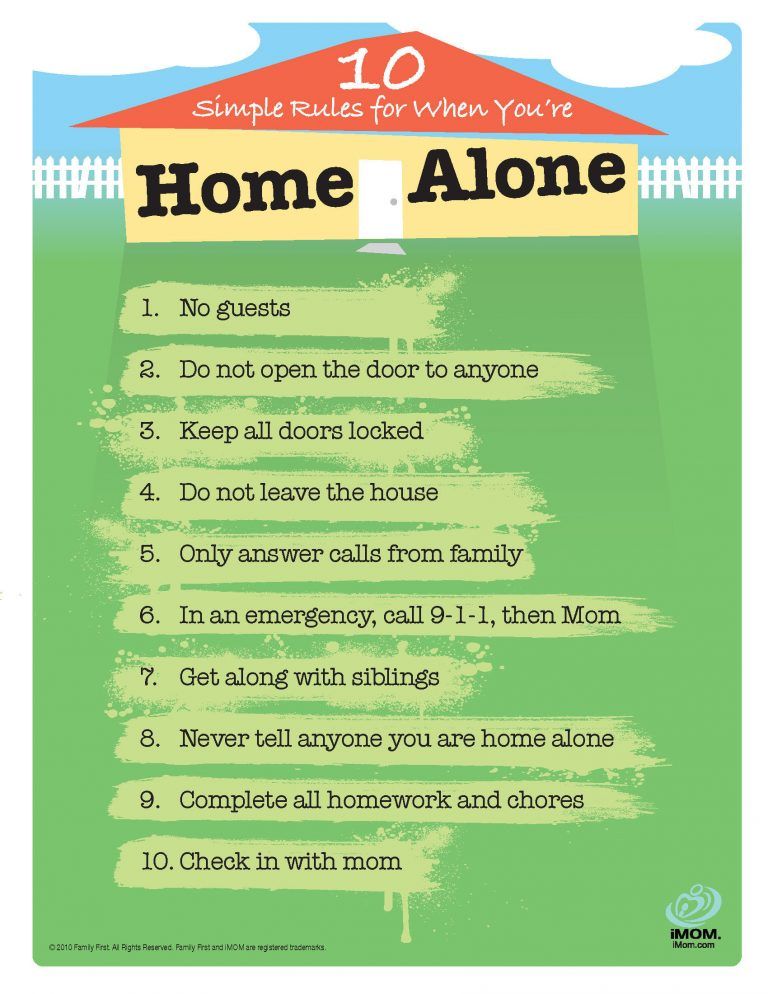 latchkey-kids.com.
latchkey-kids.com.
*Age is recommended, but not legally required.
**While New Mexico does not have a state law mandating the minimum age required for a child to stay home alone, a City of Albuquerque Ordinance states that children under the age of 11 may not be left home alone.
When would you feel comfortable leaving your kids alone?
ASK YOUR CHILD...
What do you look forward to most about becoming an adult?
Leave a Comment
Share on facebook
Share on twitter
Share on pinterest
Share on email
You Might Also Like...
Get daily motherhood
ideas, insight, &inspiration
to your inbox!
Home alone: at what age is a child ready to be left without adults?
Can I leave my child at home alone? For an hour? And for two? With tablet or without? At what age? Every parent invariably faces these questions, because the moment when you desperately need to “run out for literally five minutes” comes to everyone. Especially for "Oh!" this topic is considered by our expert, child psychologist Anna Skavitina, not only from a psychological point of view, but also from the point of view of the law. nine0003
Especially for "Oh!" this topic is considered by our expert, child psychologist Anna Skavitina, not only from a psychological point of view, but also from the point of view of the law. nine0003
Anna Skavitina, psychologist, analyst, member of the IAAP (International Association of Analytical Psychology), supervisor of the ROAP and the Jung Institute (Zurich), expert of the journal "Psychologies"
— Help us! My son is not left alone for a minute, I can't even go to the pharmacy. And he is already 5 years old!
- He is 5 years old, and you want him to stay at home alone, without adults?
- Well, yes! Mothers on the playground say that their children are left alone calmly. Tablet in hand - and that's it, silence. You can even go to the supermarket. It doesn't save my tablet, it hangs on me anyway. My mother also left me at home from the age of three. Milk and a sandwich on the table, and ran away on business. I was sad, of course, but I didn’t get hysterical, I didn’t cling to her. nine0003
nine0003
— Yes, it happened to many children. In the USSR, there was not even a law that would regulate at what age a child can be left at home alone. When would parents work if they were busy looking after children? No wonder this generation is called the generation of "Uncle Fyodor". No one was particularly surprised that a six-year-old boy lives alone in the village with a cat and a dog.
- What's wrong with that? We survived!
— Yes, they survived. Do you know the term “survivor error”?
— No. And what is it? nine0003
- The one who was left at home, and he did not survive, can no longer tell anything. This is the so-called survivor bias. But if I survived, then this is normal, or not so harmful. I survived! For example, parents beat their child in a soft spot, on the head, but they do it solely for the benefit and education, because they, the parents, once survived, coped with the same difficult and terrible situation. And since they survived, it means that it is useful or not so harmful for their child. After all, no one will remember those who were beaten, whose life turned out unsuccessfully, or even did not work out at all. Maybe they decided not to have children either. By chance. It just happened. Somehow, the children themselves did not start to have, and it’s impossible to find a loved one for family happiness, otherwise they would give birth to so many children. nine0003
After all, no one will remember those who were beaten, whose life turned out unsuccessfully, or even did not work out at all. Maybe they decided not to have children either. By chance. It just happened. Somehow, the children themselves did not start to have, and it’s impossible to find a loved one for family happiness, otherwise they would give birth to so many children. nine0003
Survivors answer you when you ask for advice. They once made the right decision for themselves, managed to adapt in difficult conditions. But it is not at all necessary that their advice will help you. And, of course, there are no universal recommendations, otherwise everyone would have been happy for a long time. One mother told me that her baby slept so well that in the evenings she went to the cinema. She said that he woke up only once - she found him screaming. Well, comforted me. How many times he broke down while she left him alone, we will never know. Alive is the main thing. She is sure that there is nothing wrong with leaving the child unattended while he sleeps. nine0003
nine0003
— So you can't leave a child alone at the age of five? Is there a law?
- I'm not a lawyer, I'm a psychologist, but I know that there is a law in Russia. There is no direct prohibition or permission to leave children at home from a certain age in Russian legislation, there is only an indirect one. However, in the Criminal Code of the Russian Federation there is article 125 “Leaving in danger”, which says that leaving a minor at home, parents will be punished. Juveniles, according to the civil code of Russia - "minors who have not reached the age of 14 years." nine0003
Article 125. Leaving in danger had the opportunity to provide assistance to this person and was obliged to take care of him or himself put him in a state dangerous to life or health, -
shall be punishable by a fine in the amount of 50 to 100 times the minimum wage, or in the amount of the wage or salary, or any other income of the convicted person for a period of up to one month, or by compulsory works for a term of 120 to 180 hours, or by corrective labor for a term of up to one year, or arrest for up to three months.nine0003
Thus, in Russia, leaving a child without help is unacceptable until they reach the age of 14. It is also a violation of the law for a child under the age of 18 to be alone on the street and in public places without being accompanied by responsible adults from 22:00 to 06:00. If the child is staying somewhere away, then the parents are obliged to come for him. By the way, a lot of people just don't know this. If you left a child under the age of 14 alone at home - and nothing happened, then this is one situation, but if something does happen, then you bear criminal responsibility for this, among other things. But now we will discuss with you not the legislative framework, but why you should not do this, and also try to understand when you feel the need for this and what can be done to avoid such situations. nine0003
- I am literally chained to the child, I need to dress and collect it in order to go outside, to get to the pharmacy. This is not always convenient. It's easier to leave him at home and run out quickly.
It's easier to leave him at home and run out quickly.
— I agree. There are situations when it is difficult to go out alone with children, especially when you have more than one child, but several, or if the children are sick. Do you have a husband, neighbors, girlfriends, familiar mothers from the playground, relatives?
- Yes, but it's not always convenient to ask for them.
— I understand that it is difficult for mothers to cope without the support of another person. But this is a matter of your child's safety. And your responsibility. Do you know the phone numbers of all your friends in order to help each other out? Now in big cities there are many delivery services that can help in critical situations. nine0003
- No, I don't know the phone numbers. By the way, it's a good idea, you can create a general chat to help each other. But what's so terrible about running out for a minute if the child stays on his own and doesn't act weird?
- One day I stopped near a sobbing woman who had fallen and broken her leg after slipping on the ice. She called an ambulance and asked: "Is there someone at home?" She began to sob even harder, “Yes. Three year old child. One!" Mom decided to "shop around the shops while he sleeps." Where is the husband? Business trip. Does anyone have the keys? Yes, at my mother-in-law not far from Moscow. Did you call her? Not yet. Why? The mother-in-law will yell at me. I asked my mother-in-law to call immediately. The ambulance took the woman away on a stretcher - a double open fracture. They said that she would definitely spend a few days in the hospital. This is the situation of leaving the child in danger. I can understand that this woman was tired of sitting at home, she really wanted to go out for a while, she was used to doing everything herself, not asking anyone for help. She didn't expect anything terrible, of course. I will not tell other scary stories, believe me, I have accumulated a lot of them over the years of work, and resuscitators and traumatologists have a lot more. nine0003
She called an ambulance and asked: "Is there someone at home?" She began to sob even harder, “Yes. Three year old child. One!" Mom decided to "shop around the shops while he sleeps." Where is the husband? Business trip. Does anyone have the keys? Yes, at my mother-in-law not far from Moscow. Did you call her? Not yet. Why? The mother-in-law will yell at me. I asked my mother-in-law to call immediately. The ambulance took the woman away on a stretcher - a double open fracture. They said that she would definitely spend a few days in the hospital. This is the situation of leaving the child in danger. I can understand that this woman was tired of sitting at home, she really wanted to go out for a while, she was used to doing everything herself, not asking anyone for help. She didn't expect anything terrible, of course. I will not tell other scary stories, believe me, I have accumulated a lot of them over the years of work, and resuscitators and traumatologists have a lot more. nine0003
We find it hard to believe that something could happen unexpectedly - to us, to the electrical wiring, to the gas stove. But this, unfortunately, happens, and often. Even if you have the most independent and responsible child in the world, he is not always able to cope with what is happening. When you leave home, even "for a moment", children may imagine that you are leaving forever! Any child knows that the safest place in the world is next to his mother, and tries, if possible, to stick to it. If a child does not let his mother out of his sight - this is the most striking indicator that he is not sure of his own safety, does not know how he can cope in different situations alone, without a mother. Our task is not to convince him in words - no one will believe you, but to teach him to act. The main thing in this matter is gradualness. Let's discuss how to teach your child to be independent so that later you can leave him at home safely so that he can cope with his life in the future. Our task is not to lead by the hand until old age, but to teach how to live and survive. nine0003
But this, unfortunately, happens, and often. Even if you have the most independent and responsible child in the world, he is not always able to cope with what is happening. When you leave home, even "for a moment", children may imagine that you are leaving forever! Any child knows that the safest place in the world is next to his mother, and tries, if possible, to stick to it. If a child does not let his mother out of his sight - this is the most striking indicator that he is not sure of his own safety, does not know how he can cope in different situations alone, without a mother. Our task is not to convince him in words - no one will believe you, but to teach him to act. The main thing in this matter is gradualness. Let's discuss how to teach your child to be independent so that later you can leave him at home safely so that he can cope with his life in the future. Our task is not to lead by the hand until old age, but to teach how to live and survive. nine0003
-
Let your child play alone.
 First next to you, then in another room. So he will gradually be convinced that he may be alone for some time, but you are always somewhere nearby.
First next to you, then in another room. So he will gradually be convinced that he may be alone for some time, but you are always somewhere nearby. -
Allow your child as much independent self-care activities as possible. Dress yourself, undress, pour water into a glass, use a fork and knife, cut a salad.
-
Show where the food is, where the child can get it from. Try not to hide tasty treats in distant cabinets. Often children are looking for something to eat and climb into places where it is not safe. nine0003
-
Show how to use household appliances correctly. Turn on and off the kettle, stove, washing machine.
-
Teach them not to open the door to strangers, use the phone, know the numbers of parents, relatives, rescue services. Let all numbers be written down on paper and lie in a conspicuous place, and not just in the phone's memory. Just in case, say what you need to report by phone to the rescue service: full name, address, situation.
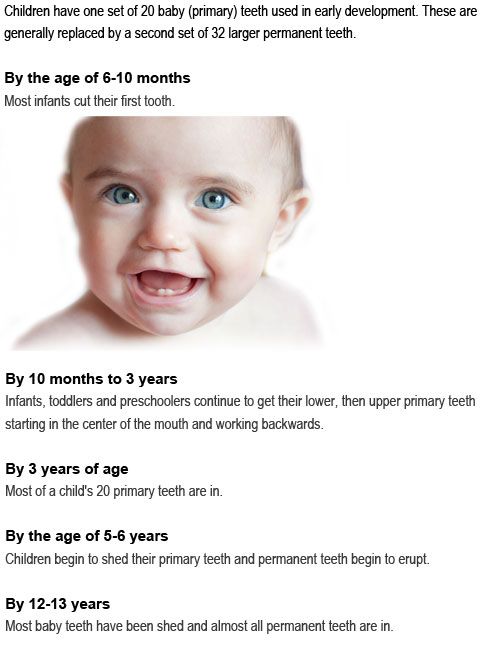 nine0003
nine0003 -
Consider a safe window closing system from the moment your child starts moving around the apartment, that is, by the end of the first year of life. Mosquito nets often deceive children by giving them the false impression that they can be leaned on.
-
A child should be able not only not to open the door to strangers, but also to quickly get out of the apartment if the source of danger is inside.
As soon as your child learns to be in an apartment on his own, that is, not to sit for an hour with a tablet, but consciously begins to understand how to cope with different situations inside the house, then the age of leaving him alone for a while will come. Some children can be left for a while already at 7-8 years old, others at 14-15 too early. In European countries, children from the age of 16 are allowed to be at home alone. In the US, everything changes from state to state, but today there is a ban on being at home alone if a teenager is under 15 years old.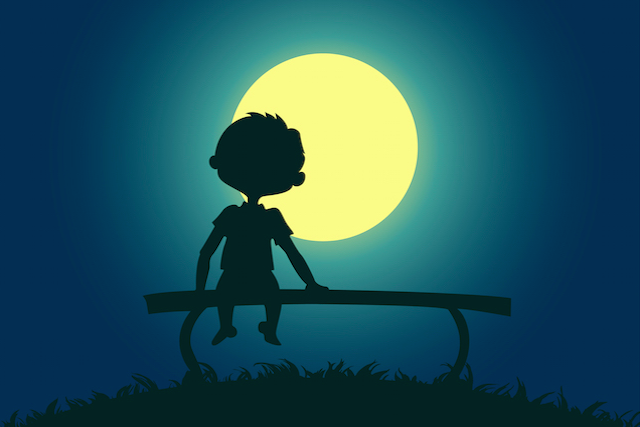 In some states, the age has been increased to 16-17 years. In Nevada, children under the age of 21 are not only allowed to be unsupervised at home, but also not to go outside after 21:00. In Japan, boys from 12 years old, and girls from 11 years old can stay at home without adults, and in India - from 8-10 years old. At the same time, marriages in this country are concluded at the age of 12-13 years. nine0003
In some states, the age has been increased to 16-17 years. In Nevada, children under the age of 21 are not only allowed to be unsupervised at home, but also not to go outside after 21:00. In Japan, boys from 12 years old, and girls from 11 years old can stay at home without adults, and in India - from 8-10 years old. At the same time, marriages in this country are concluded at the age of 12-13 years. nine0003
The main thing is that the responsibility for children and testing their ability to stay at home alone lies with the parents. We are all afraid of external danger, we live behind iron doors, which, if something happens, cannot even be quickly opened. Children are locked up, often out of a false idea of caring, out of fear, a desire to avoid trouble, to be good parents: let them sleep in the car - don’t wake them up, let them stay at home - don’t carry them with you, there are infections. Sometimes you just want to come to your senses, recharge with impressions, save yourself from parental burnout. Many parents themselves grew up with an abandoned complex - they were regularly left alone with a key around their neck, and they just as easily leave their children alone, not only not seeing anything special in it, but even with a share of pride: mine can already sit by themselves. It’s great if nothing terrible happens, but it’s almost impossible to forgive yourself if something happens to a child in the absence of adults. Left in apartments, cars, children turn out to be a terrible sacrifice to our fears and false ideas about safety. Take care of yourself and children. nine0003
Many parents themselves grew up with an abandoned complex - they were regularly left alone with a key around their neck, and they just as easily leave their children alone, not only not seeing anything special in it, but even with a share of pride: mine can already sit by themselves. It’s great if nothing terrible happens, but it’s almost impossible to forgive yourself if something happens to a child in the absence of adults. Left in apartments, cars, children turn out to be a terrible sacrifice to our fears and false ideas about safety. Take care of yourself and children. nine0003
See also:
How to teach your child to fall asleep on their own
In our own words: developing coherent speech in a child
5 tasks for concentration of attention that children can easily cope with
Photo: Zurijeta Boystock .com
psychologyuseful tipshouse
Legal norms: what to do if children are left without parents or guardianship Elena Alshanskaya.
 According to Alshanskaya, Kabanova's first husband intends to take the eldest child, and relatives from Ukraine intend to take the two younger ones. nine0099
According to Alshanskaya, Kabanova's first husband intends to take the eldest child, and relatives from Ukraine intend to take the two younger ones. nine0099 Below is background information on the main forms of placement for children whose parents have died or lost parental rights. The main such forms are adoption and guardianship.
Adoption (adoption)
Adoption (adoption) is a legal institution designed to create relations between the adopter and the adopted child that are closest to those that arise between parents and natural children. The law equates an adopted child to the natural children of the adoptive parents, therefore adoption is a priority form of child placement - he receives the same rights and obligations as the natural one, and the adoptive parents assume all parental rights and obligations. nine0003
Adoption is carried out by the court at the request of persons wishing to adopt a child, in the order of special proceedings according to the rules of civil procedural legislation. In this, adoption differs from the establishment of custody of a child, the decision on which is made by the guardianship and guardianship authorities.
In this, adoption differs from the establishment of custody of a child, the decision on which is made by the guardianship and guardianship authorities.
Orphans and children whose both parents have already been deprived of parental rights may be adopted.
Custody (guardianship)
Free guardianship (guardianship) is often established by close relatives over a child whose parents were deprived of parental rights, ended up in places of detention or died. Guardianship can be established over a child under the age of 14, and guardianship is established over adolescents between the ages of 14 and 18. nine0003
The guardian exercises control over the preservation and use of movable and immovable property owned by a minor child, but does not have the right to dispose of this property. In cases where parents have died, or are in places of deprivation of liberty, or are deprived of their rights, the guardians are paid a child support allowance.
According to the results of a study by the laboratory of social orphanhood of the Research Institute of Childhood of the RDF, which was conducted for a number of years in different regions of Russia, grandmothers most often became guardians - in 88% of cases.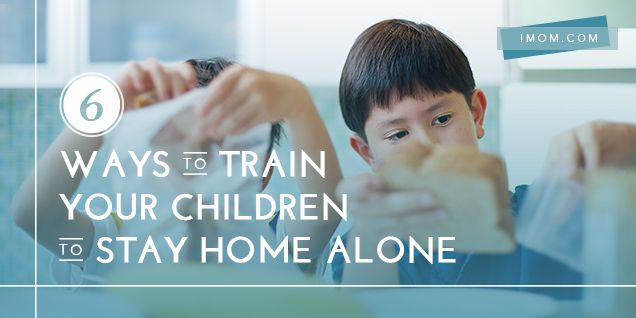 In 12% of cases, grandfathers became them, and there were no more than 2% of strangers among guardians. nine0003
In 12% of cases, grandfathers became them, and there were no more than 2% of strangers among guardians. nine0003
The guardian is appointed by the guardianship and guardianship authorities, which are also local governments. Their powers are determined by their statutes. The decision is made by the head of the city or district, including city districts, administration at the place of residence of the guardian. The same procedure applies to trustees. Usually, relatives of the future ward are appointed guardians and trustees, and if they are absent, then persons are appointed at the choice of the relevant authorities.
Guardianship and guardianship authorities identify children left without parental care, keep records of such children and, based on the specific circumstances of the loss of parental care, select forms of placement for children left without parental care, and also exercise subsequent control over the conditions of their maintenance, upbringing and education .
Preliminary guardianship (guardianship)
. nine0003
nine0003
In order to establish preliminary guardianship or guardianship in a timely manner, the relevant authority makes proposals to establish them to citizens who have expressed a desire to be guardians or trustees and are registered.
A temporarily appointed guardian or custodian has all the rights and obligations of a guardian or custodian, with the exception of the right to dispose of the property of the ward on his behalf (give consent for the ward to make transactions to dispose of his property). Preliminary guardianship or trusteeship shall be terminated if, before the expiration of a month from the date of adoption of the act on the temporary appointment of a guardian or custodian, the temporarily appointed guardian or custodian is not appointed as a guardian or custodian in the general manner. In exceptional circumstances, this period may be extended up to two months. nine0003
International procedure
If those wishing to adopt (take care of) a child live in the CIS countries, the international procedure for adoption comes into force.